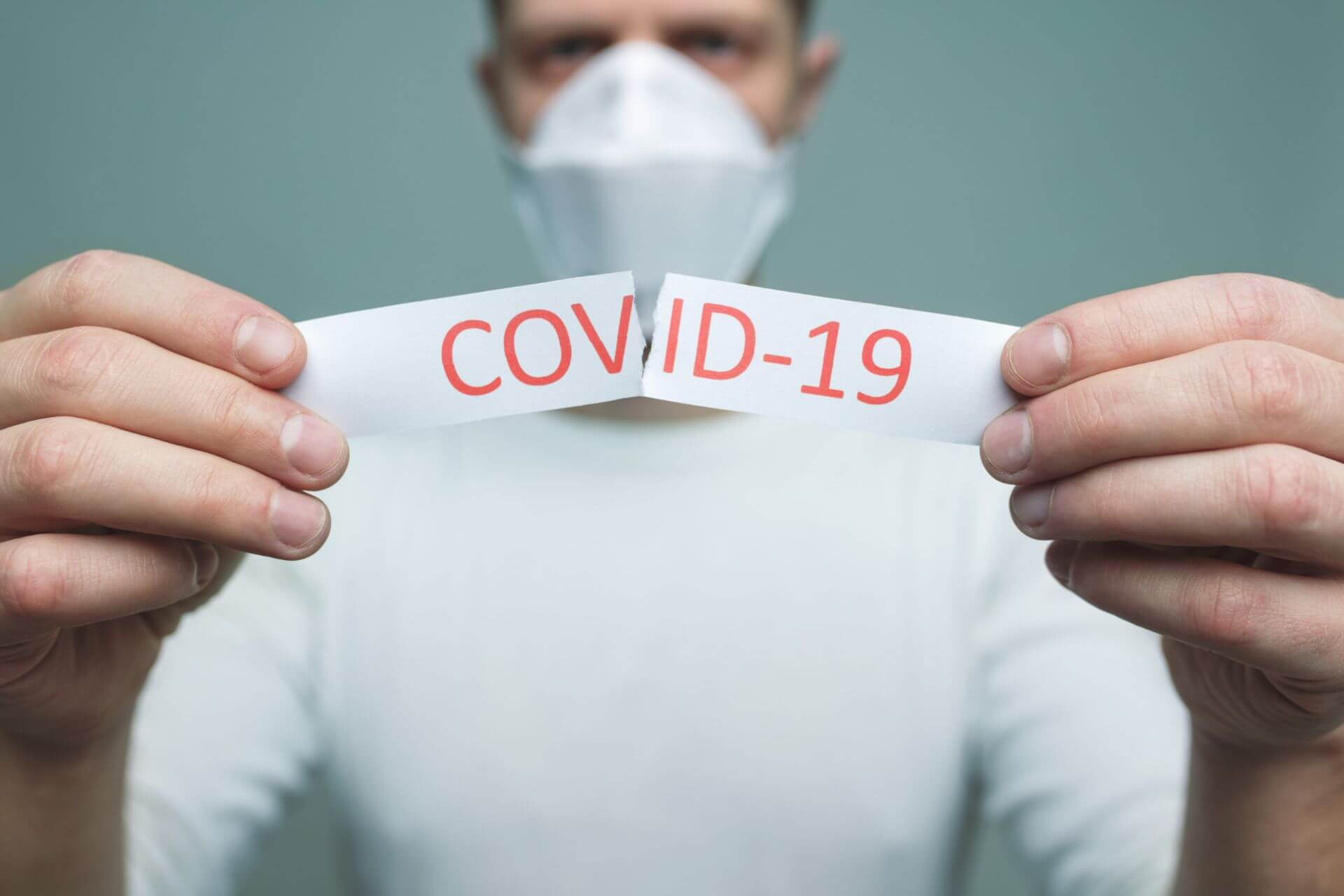COVID-19 is a respiratory disease that spreads from person-to-person and poses a serious health risk especially to those who already suffer from breathing issues. Although the government is working with health care providers to respond to the pandemic, there are some steps that you can take to decrease your chances of catching the virus and stay safe.
Virus Prevention Tips
People with asthma may be at higher risk of getting very sick from COVID-19. This virus can affect the respiratory tract and cause an asthma attack. It can also lead to pneumonia and acute respiratory disease. There is currently no specific treatment or vaccine to COVID-19. The best way to prevent contracting the virus is to avoid exposure.
General tips for virus prevention include:
· Avoid crowds and people who are sick.
· Clean your hands often using soap and water for at least 20 seconds or use an alcohol-based hand sanitizer.
· Do not touch your mouth, nose, or eyes with unwashed hands.
· Stay isolated at home as much as possible to reduce your risk of being exposed.
· If you must go out, keep space between yourself and others.
Respiratory Issues and COVID-19
Because those with asthma and other breathing issues are at a higher risk, there are additional precautions that can be taken to reduce risk.
· Take your asthma medication as prescribed.
· Make sure that you have at least 30 days of non-prescription medications. You might need to talk to your healthcare provider, insurer, or pharmacist about creating an emergency supply of prescription medications such as asthma inhalers and breathing treatments.
· Avoid your asthma triggers whenever possible. Possible triggers including pets, mold, dust mites, and smoke.
· Disinfect surfaces around your home that are frequently touched. This includes door handles, light switches, counters, tables, phones, keyboards, faucets, and more. Avoid disinfectants that might cause an asthma attack.
· Take steps to help cope with stress and anxiety. Sometimes strong emotions can trigger an asthma attack, so practice self-care and relaxation techniques.
People with bronchiectasis may also be at a higher risk of complications if they are exposed to COVID-19. In addition to following the general tips for virus prevent, people with bronchiectasis should also make sure to do airway clearance exercises regularly to clear mucus from the lungs and reduce the risk of a flare-up.
The vast majority of people who catch COVID-19 have been recovering fully with no lasting effects. Those who do have complications from severe infections might require ventilation. This might have effects on the lungs and muscles do both to the virus and to the effects of being in intensive care. However, rehabilitation and continued support can help even these patients get back to a normal life, and this will only apply for a small percentage of people who contract the virus.
If you think you might have been exposed to the virus and do suffer from respiratory issues, call your doctor immediately to get tested and self-isolate to avoid spreading the virus. Anxiety and stress are very normal in times like this, but it’s important to try to remain calm to avoid an asthma attack brought on by stress. Your doctor will be able to recommend the best treatment and plan for you.




